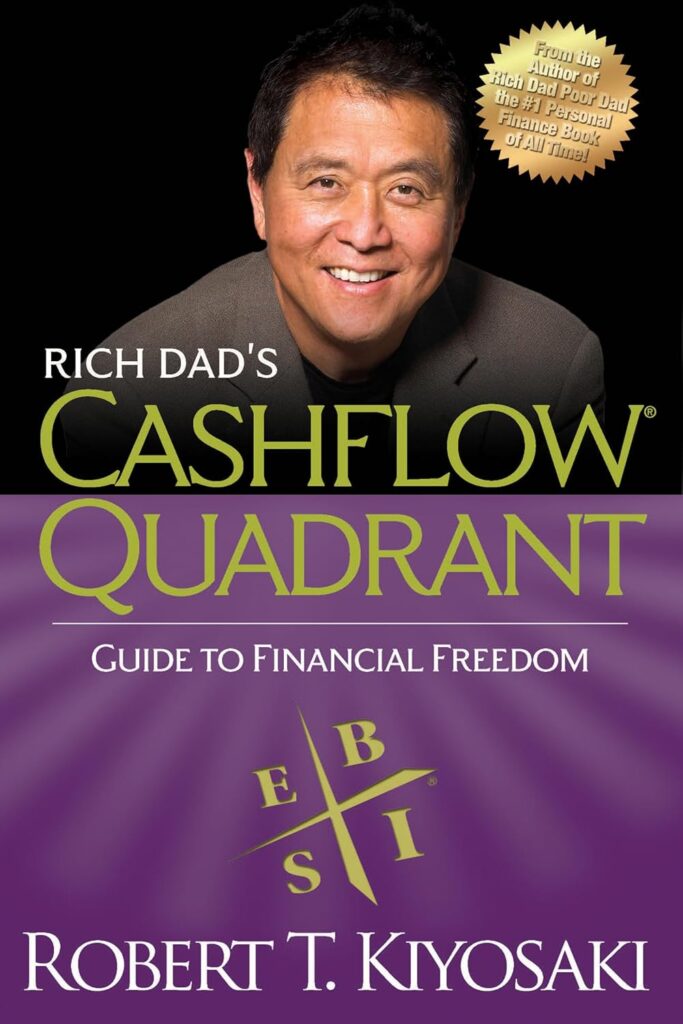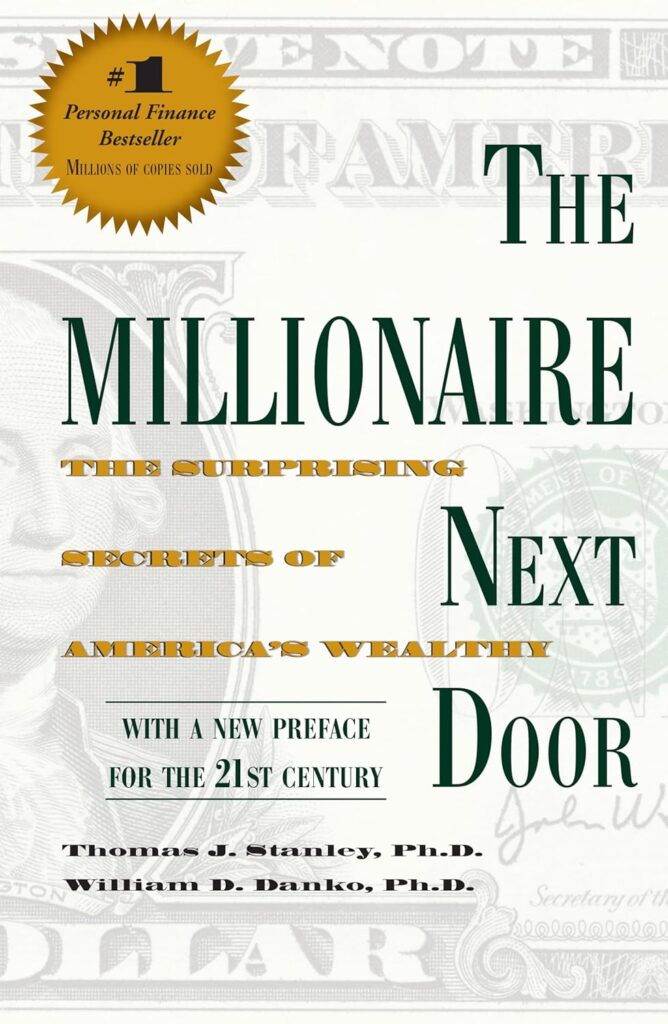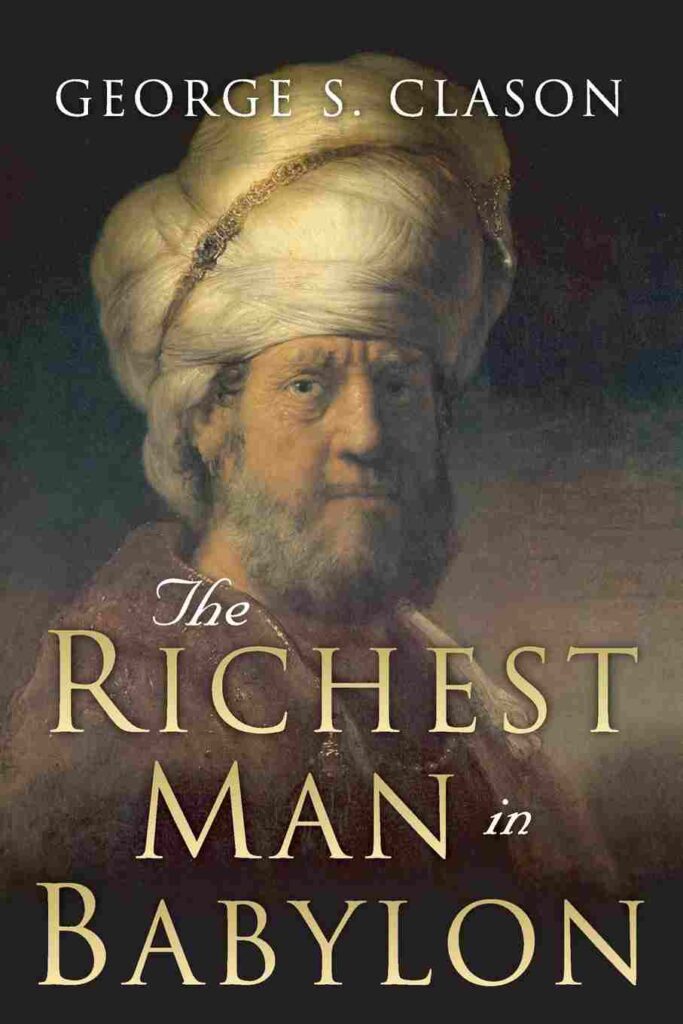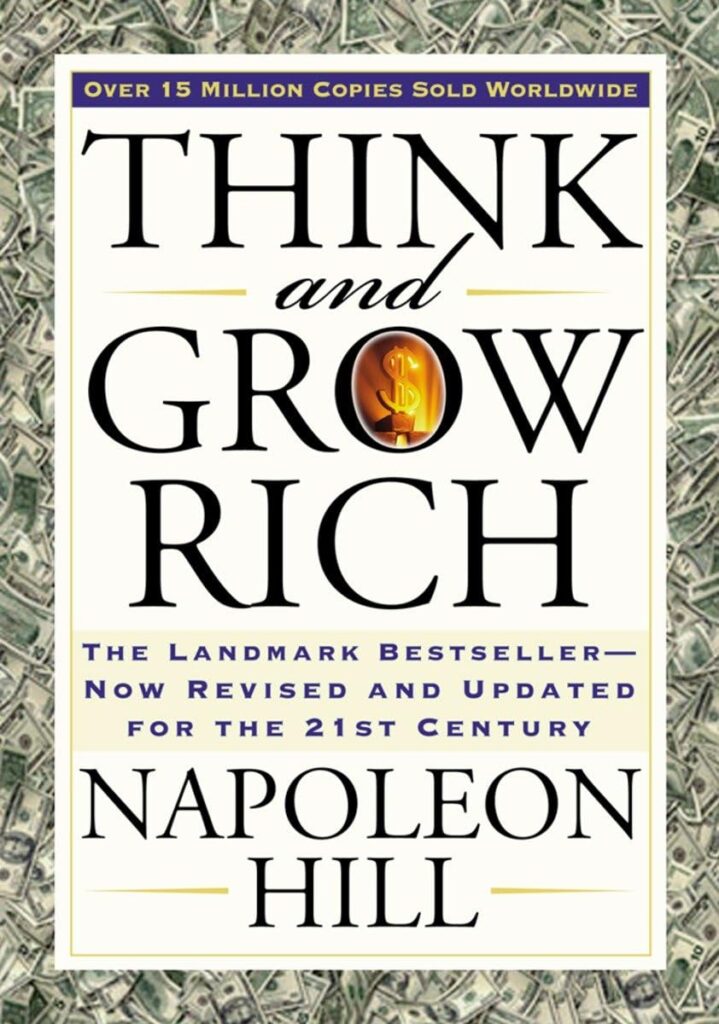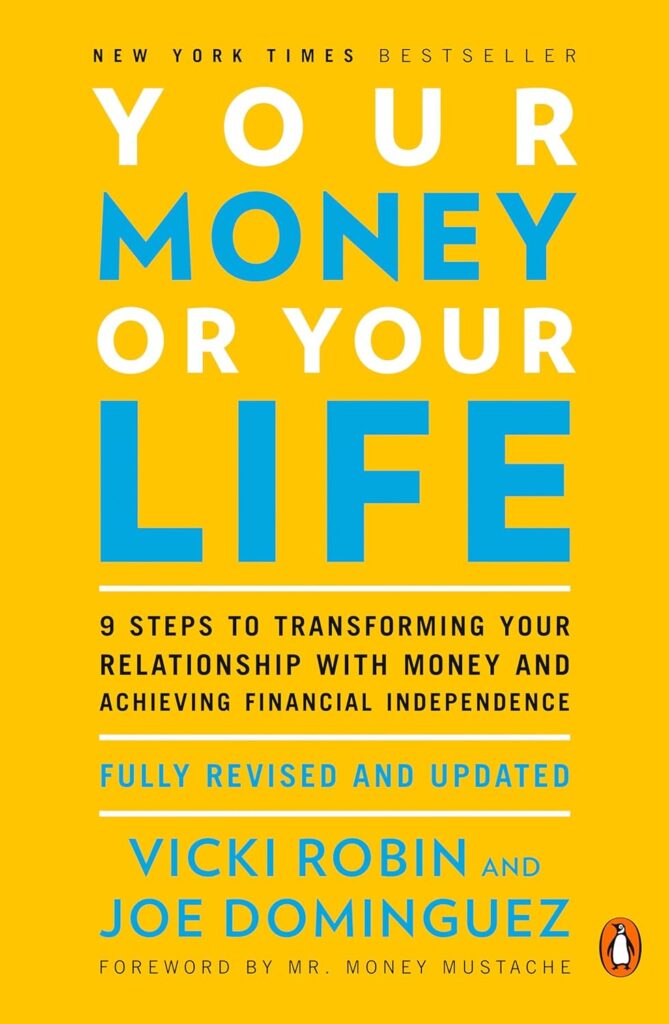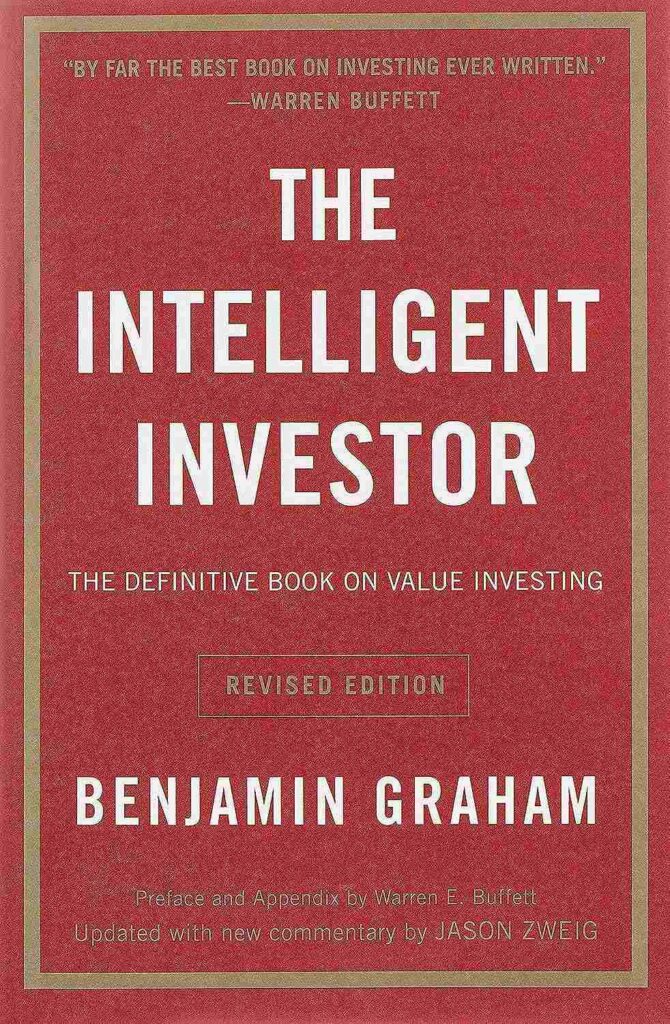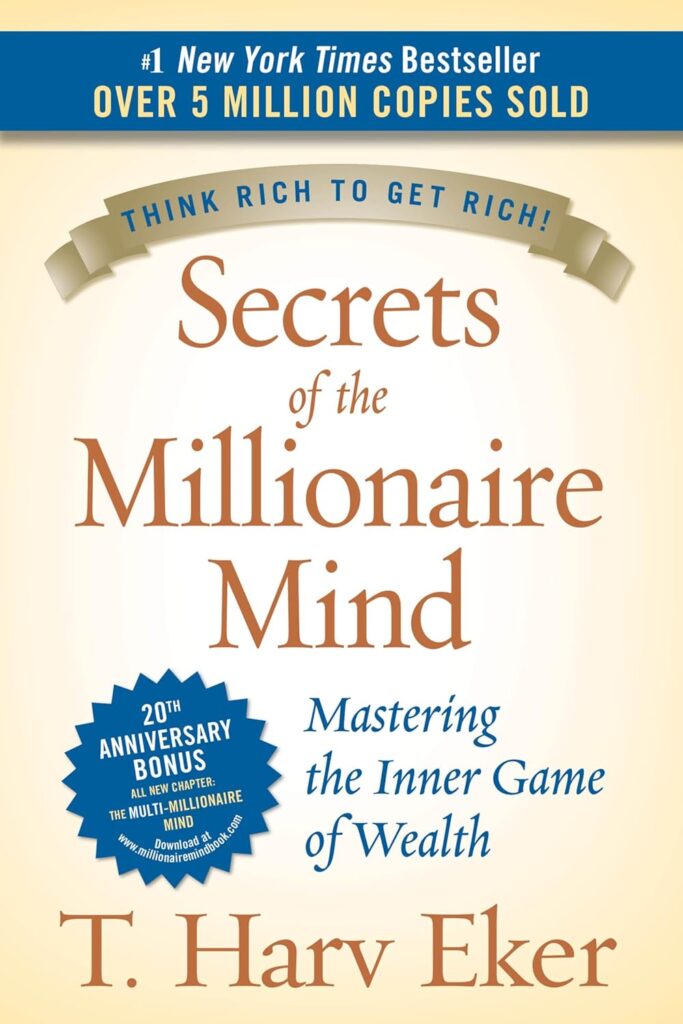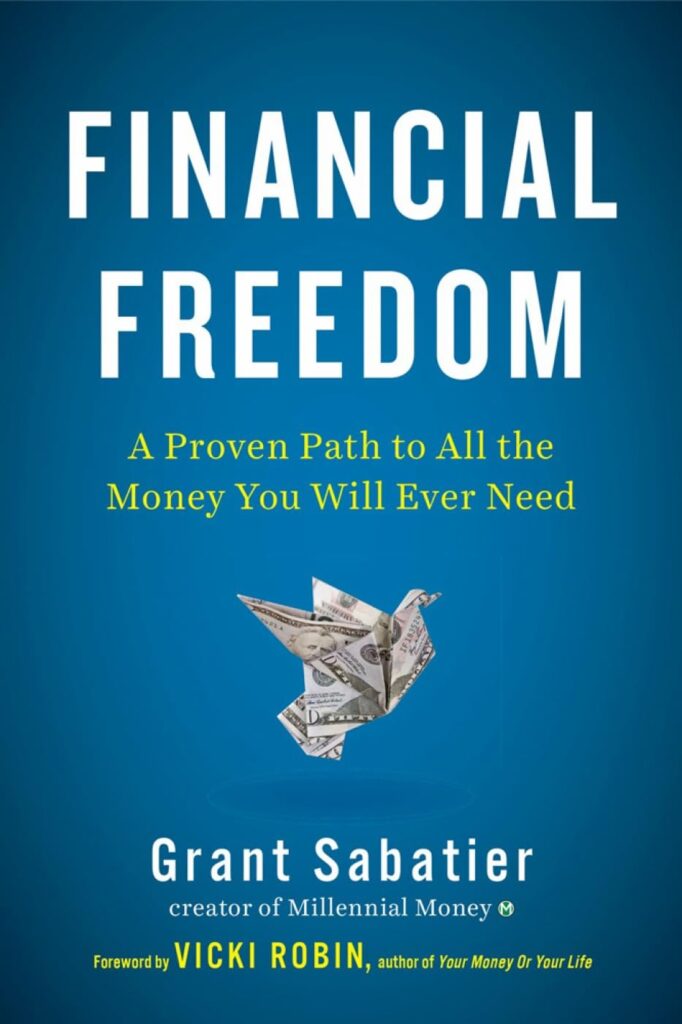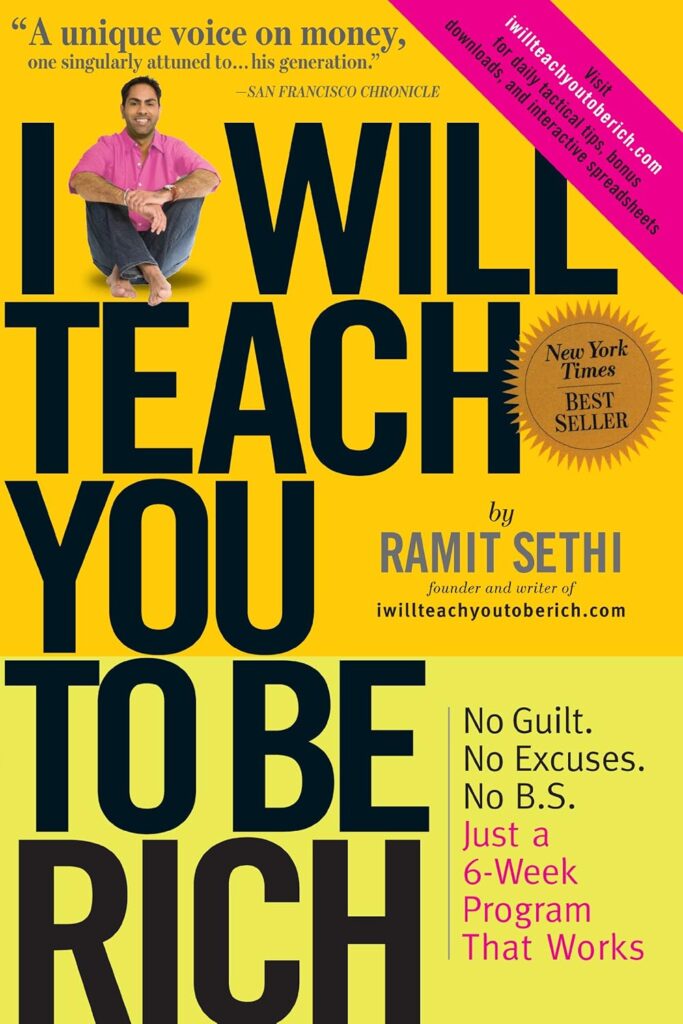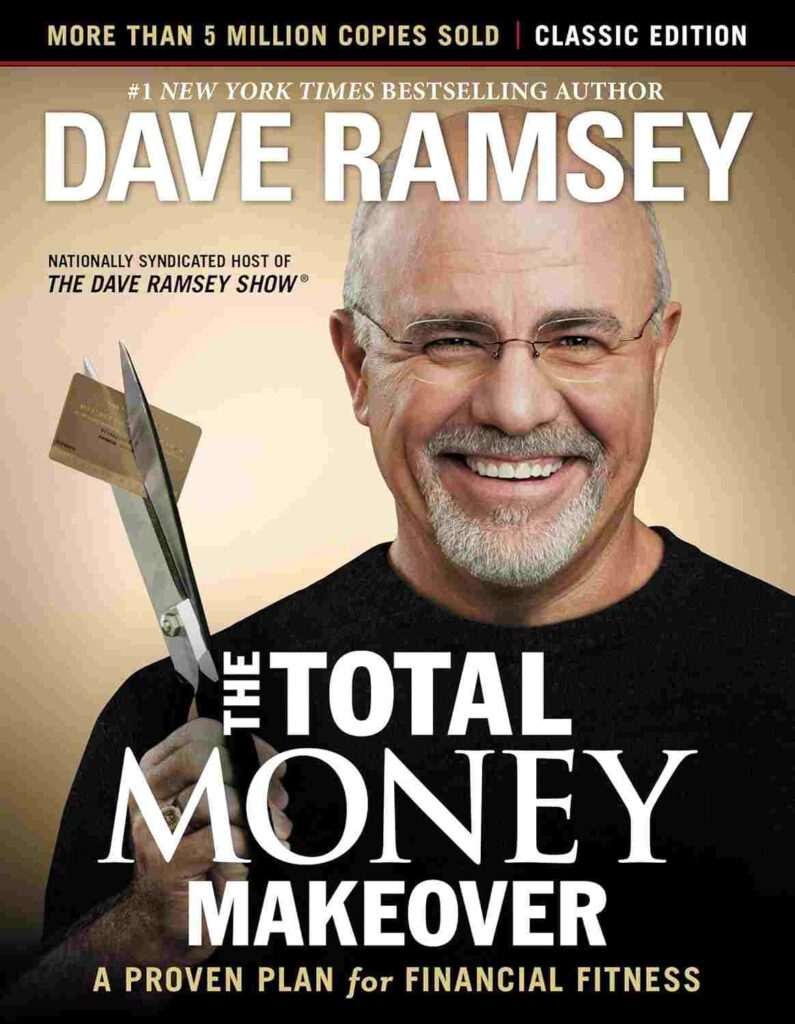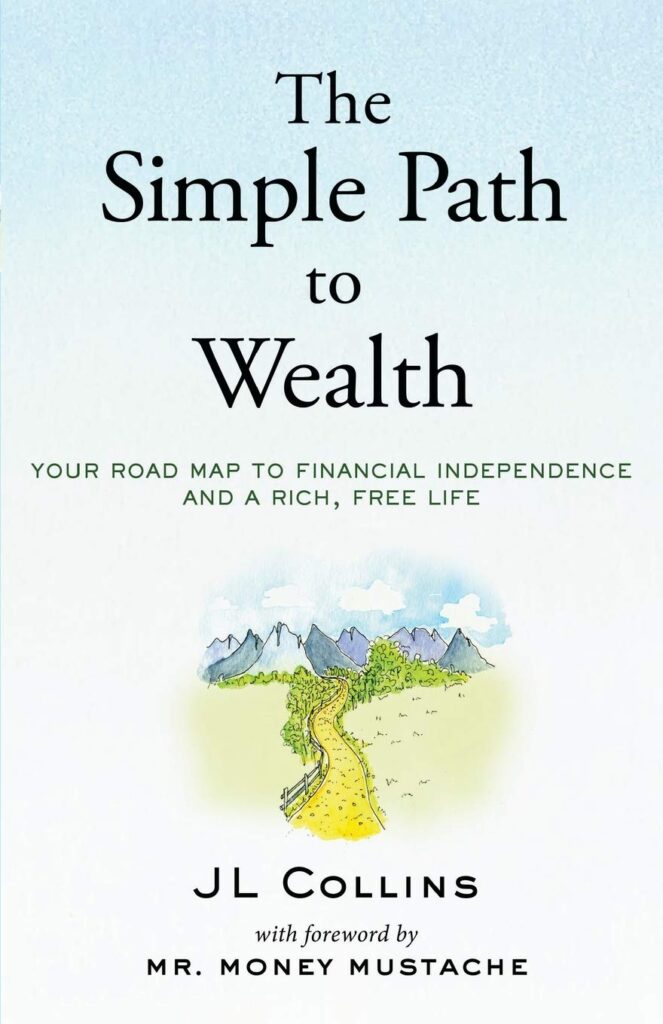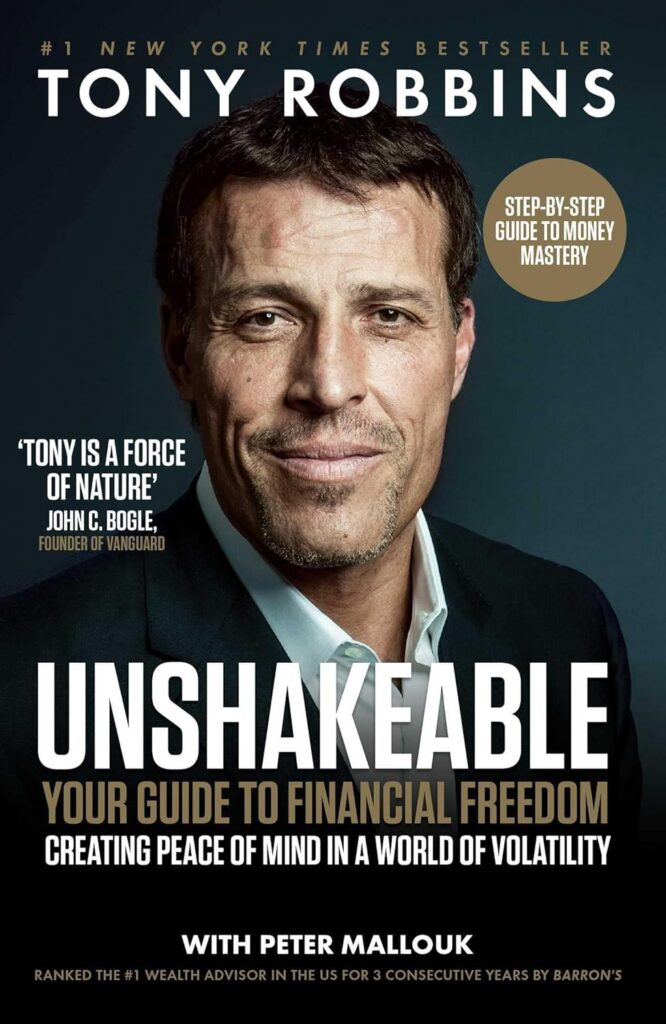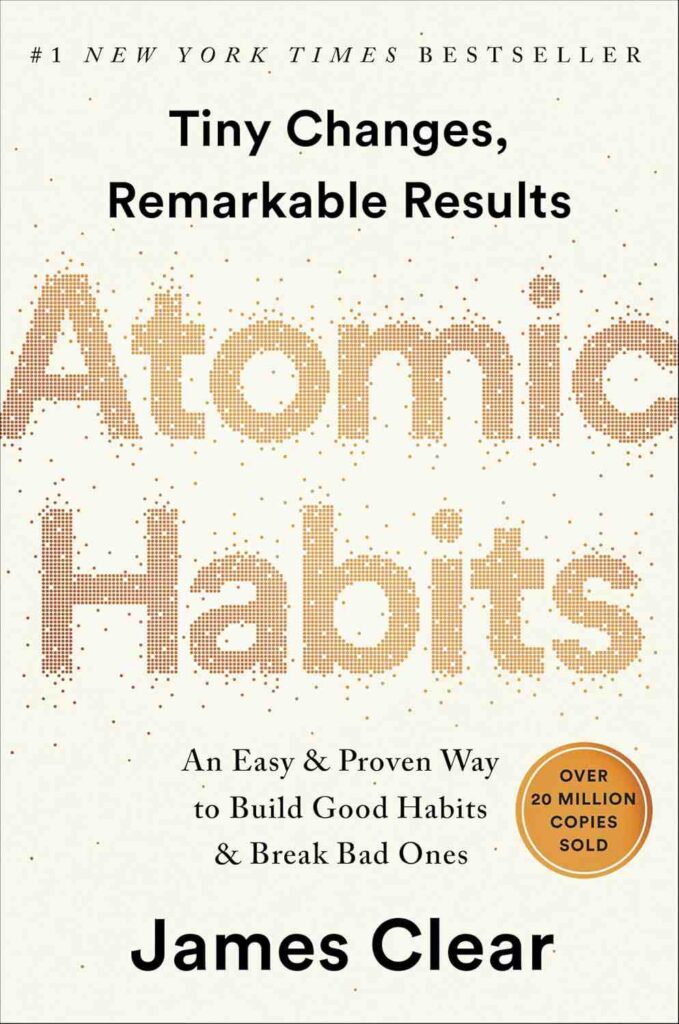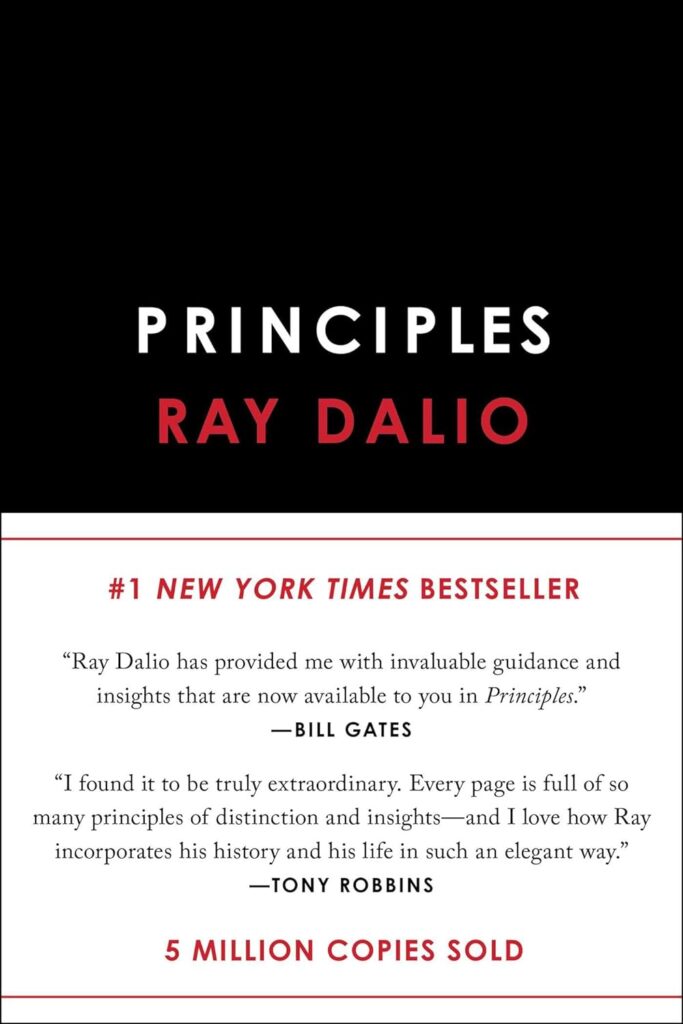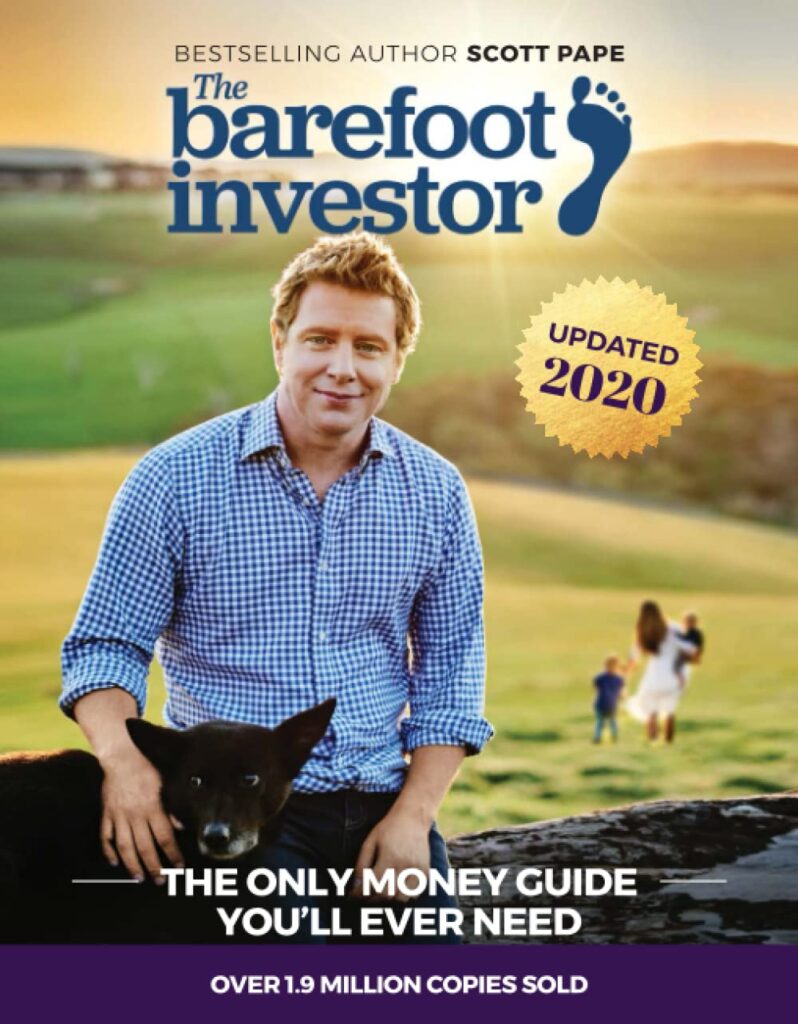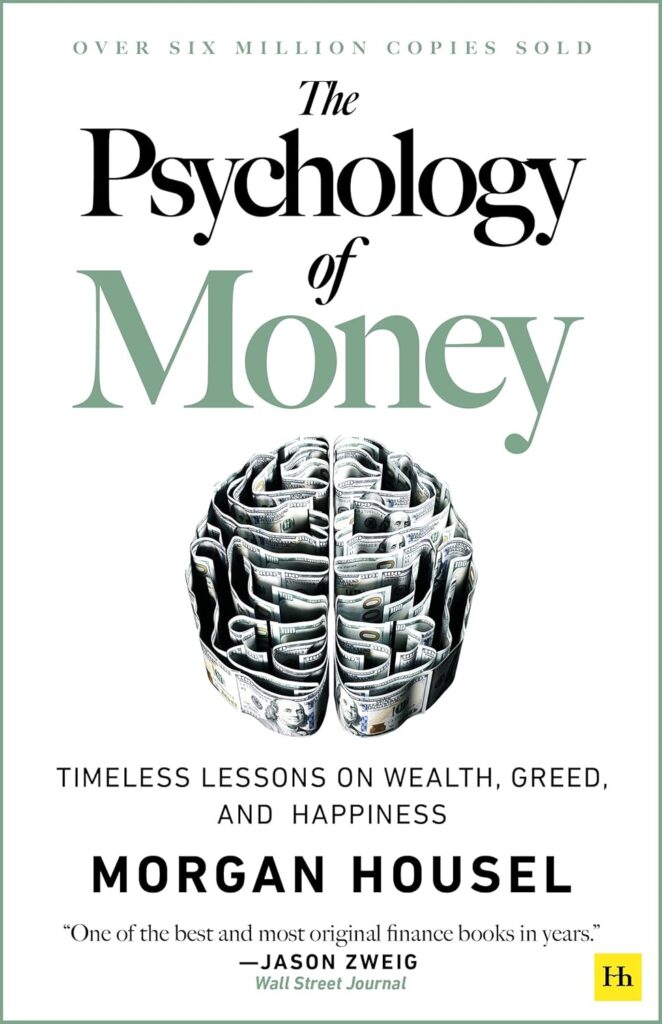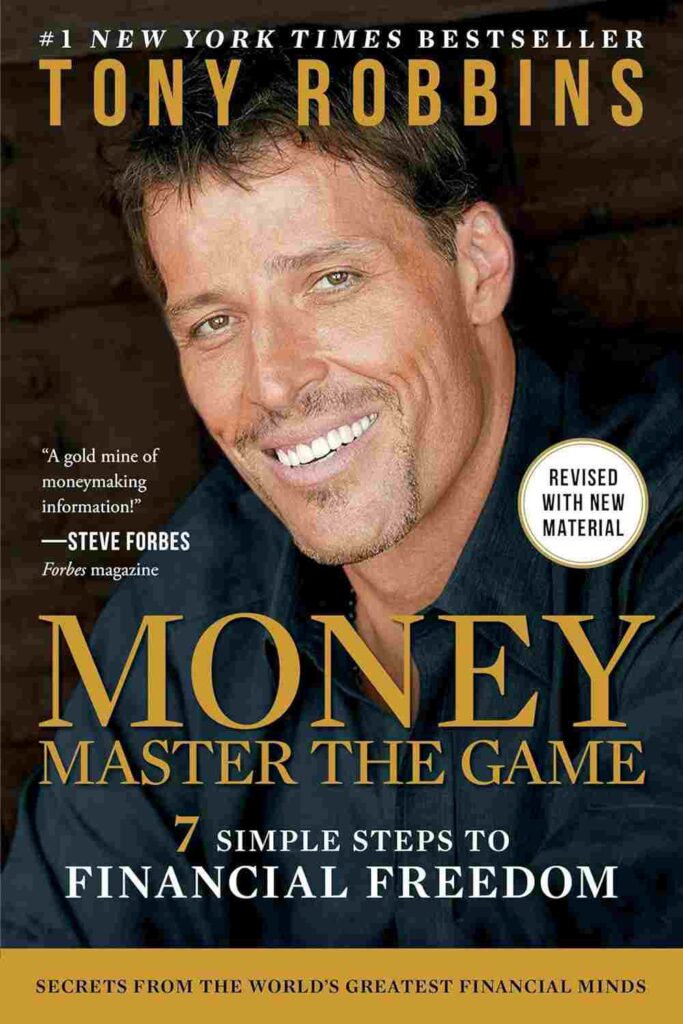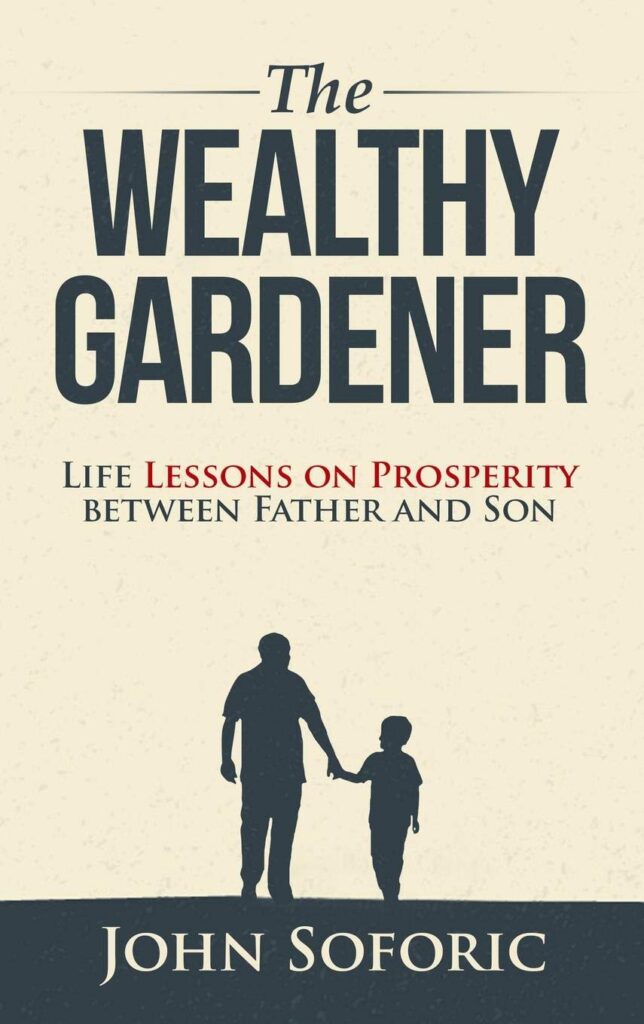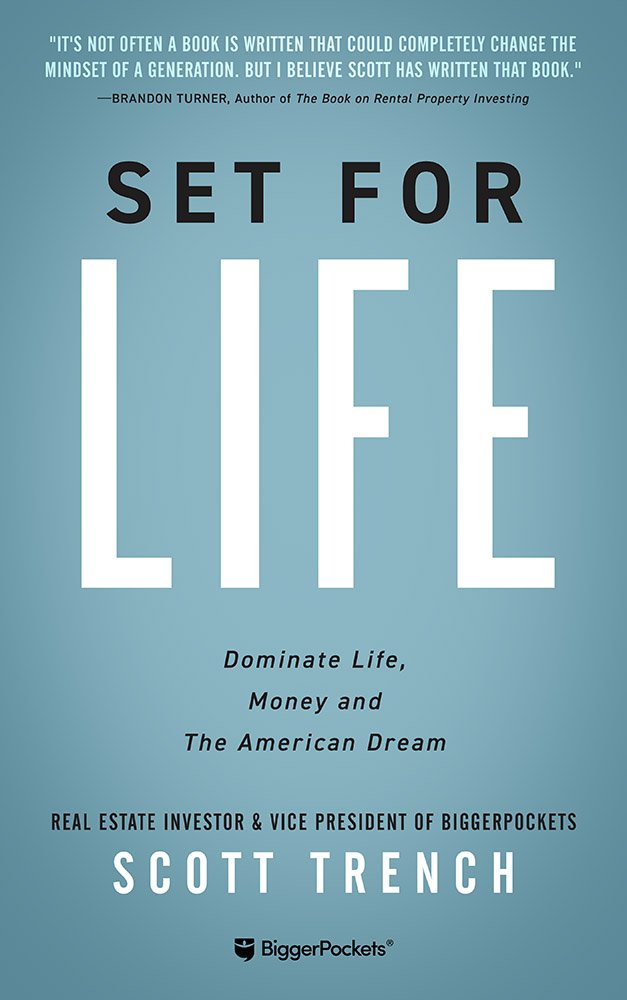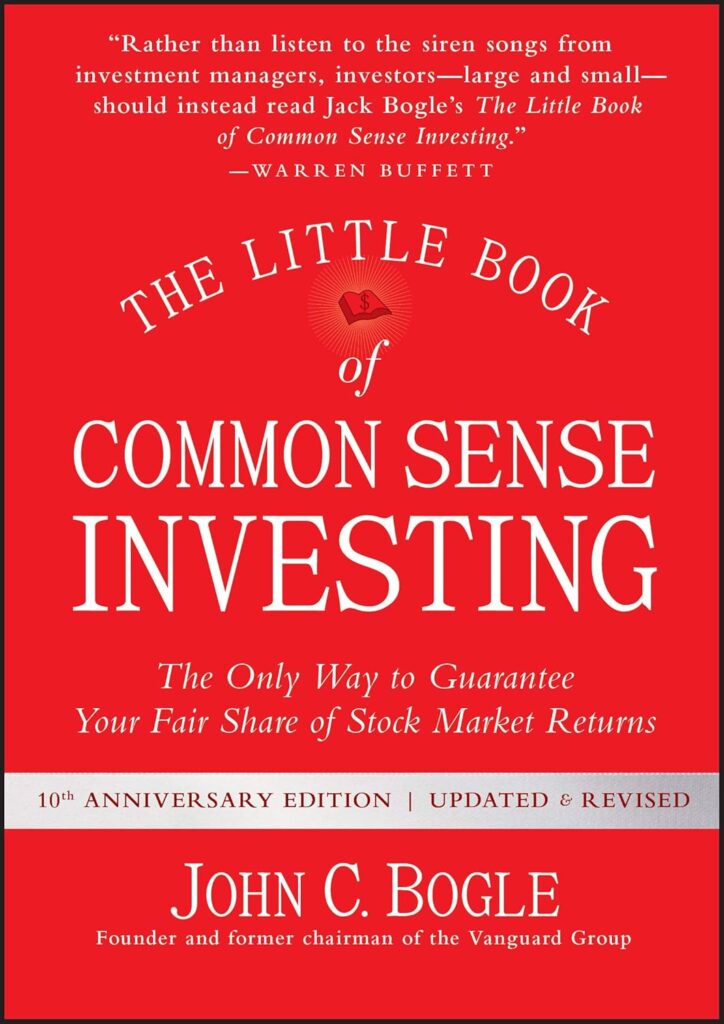Summary: In this article, I've compiled 20 books similar to Rich Dad Poor Dad that offer valuable insights into financial independence, smart investing, and wealth-building strategies. My top 3:
- Cashflow Quadrant by Robert T. Kiyosaki
- The Millionaire Next Door by Thomas J. Stanley and William D. Danko
- The Richest Man in Babylon by George S. Clason
Books like Rich Dad Poor Dad offer valuable insights into financial freedom by challenging traditional views on money and income. They cover essentials like creating passive income, escaping the paycheck-to-paycheck cycle, and building smart financial habits. Ideal for anyone looking to take charge of their financial future, these books provide practical advice and real-world examples to help readers make informed money decisions and embrace a growth-oriented mindset.
TOP 20: best Books Similar to Rich Dad Poor Dad
- Cashflow Quadrant by Robert T. Kiyosaki
- The Millionaire Next Door by Thomas J. Stanley and William D. Danko
- The Richest Man in Babylon by George S. Clason
- Think and Grow Rich by Napoleon Hill
- Your Money or Your Life by Vicki Robin and Joe Dominguez
- The Intelligent Investor by Benjamin Graham
- Secrets of the Millionaire Mind by T. Harv Eker
- Financial Freedom by Grant Sabatier
- I Will Teach You to Be Rich by Ramit Sethi
- The Total Money Makeover by Dave Ramsey
- The Simple Path to Wealth by JL Collins
- Unshakeable by Tony Robbins
- Atomic Habits by James Clear
- Principles: Life and Work by Ray Dalio
- The Barefoot Investor by Scott Pape
- The Psychology of Money by Morgan Housel
- Money: Master the Game by Tony Robbins
- The Wealthy Gardener by John Soforic
- Set for Life by Scott Trench
- The Little Book of Common Sense Investing by John C. Bogle
1. Cashflow Quadrant
- Author: Robert T. Kiyosaki
- About: Explores the four types of earners (Employee, Self-employed, Business Owner, Investor) and pathways to financial independence.
- Style of writing: Conversational, instructive
- Length: ~100,000 words
- Year written: 1998
- Emotional impact: Encouraging; often leaves readers motivated to take control of their finances.
- Difficulty level: Moderate
- Why read it: For deeper insights into income generation and creating lasting financial freedom.
2. The Millionaire Next Door
- Author: Thomas J. Stanley and William D. Danko
- About: Examines the spending and saving habits of wealthy Americans who live below their means.
- Style of writing: Analytical with anecdotes
- Length: ~90,000 words
- Year written: 1996
- Emotional impact: Eye-opening, inspiring; challenges stereotypes about wealth.
- Difficulty level: Moderate
- Why read it: To understand real wealth-building practices, regardless of income.
3. The Richest Man in Babylon
- Author: George S. Clason
- About: Timeless financial principles delivered through parables set in ancient Babylon.
- Style of writing: Story-based, easygoing
- Length: ~50,000 words
- Year written: 1926
- Emotional impact: Memorable, wisdom-driven; leaves a lasting impression.
- Difficulty level: Easy
- Why read it: For timeless, foundational lessons in saving and investing.
4. Think and Grow Rich
- Author: Napoleon Hill
- About: Focuses on the psychological aspects of wealth and success, with actionable advice.
- Style of writing: Philosophical and motivational
- Length: ~80,000 words
- Year written: 1937
- Emotional impact: Highly motivational; sparks ambition and confidence.
- Difficulty level: Moderate
- Why read it: To understand the mindset needed to achieve wealth and success.
5. Your Money or Your Life
- Author: Vicki Robin and Joe Dominguez
- About: A guide to achieving financial independence through mindful spending and intentional living.
- Style of writing: Direct, practical
- Length: ~110,000 words
- Year written: 1992
- Emotional impact: Empowering; encourages life-changing financial habits.
- Difficulty level: Moderate
- Why read it: To gain control over finances and develop a fulfilling relationship with money.
6. The Intelligent Investor
- Author: Benjamin Graham
- About: A foundational book on value investing and long-term wealth growth.
- Style of writing: Technical, methodical
- Length: ~150,000 words
- Year written: 1949
- Emotional impact: Insightful; can leave a lasting impression for serious investors.
- Difficulty level: Challenging
- Why read it: To understand core investment principles from one of the most influential investors.
7. Secrets of the Millionaire Mind
- Author: T. Harv Eker
- About: Explores the mindset differences between the wealthy and the poor.
- Style of writing: Personal, motivational
- Length: ~80,000 words
- Year written: 2005
- Emotional impact: Inspiring; can shift perspectives on wealth and mindset.
- Difficulty level: Easy
- Why read it: To uncover and reshape limiting beliefs about money.
8. Financial Freedom
- Author: Grant Sabatier
- About: A practical guide on achieving financial independence, no matter your starting point.
- Style of writing: Engaging, actionable
- Length: ~100,000 words
- Year written: 2019
- Emotional impact: Motivational; empowers readers to pursue financial goals.
- Difficulty level: Moderate
- Why read it: For a modern take on financial independence with detailed strategies.
9. I Will Teach You to Be Rich
- Author: Ramit Sethi
- About: A practical, no-excuses approach to personal finance, saving, and investing.
- Style of writing: Conversational, humorous
- Length: ~90,000 words
- Year written: 2009 (updated in 2019)
- Emotional impact: Encouraging; makes finance accessible and doable.
- Difficulty level: Easy
- Why read it: For straightforward, actionable advice on managing money.
10. The Total Money Makeover
- Author: Dave Ramsey
- About: Steps for getting out of debt and building wealth through a disciplined approach.
- Style of writing: Simple, motivational
- Length: ~80,000 words
- Year written: 2003
- Emotional impact: Uplifting; encourages accountability and determination.
- Difficulty level: Easy
- Why read it: For step-by-step guidance on eliminating debt and building wealth.
11. The Simple Path to Wealth
- Author: JL Collins
- About: A straightforward guide on investing for financial independence.
- Style of writing: Relaxed, approachable
- Length: ~70,000 words
- Year written: 2016
- Emotional impact: Calming; demystifies investing for beginners.
- Difficulty level: Easy
- Why read it: For a simple, accessible approach to investing and wealth-building.
12. Unshakeable
- Author: Tony Robbins
- About: Insights on financial stability and wealth-building, with advice from top investors.
- Style of writing: Inspirational, informative
- Length: ~60,000 words
- Year written: 2017
- Emotional impact: Empowering; promotes confidence in financial planning.
- Difficulty level: Moderate
- Why read it: To gain confidence in investing and financial planning, especially during downturns.
13. Atomic Habits
- Author: James Clear
- About: Although not strictly financial, this book focuses on building small, effective habits that can lead to transformative change.
- Style of writing: Engaging, practical
- Length: ~80,000 words
- Year written: 2018
- Emotional impact: Uplifting; encourages readers to improve daily habits.
- Difficulty level: Easy
- Why read it: To build discipline and habits that can positively impact all areas, including finances.
14. Principles: Life and Work
- Author: Ray Dalio
- About: Investment insights and life lessons from one of the world’s leading hedge fund managers.
- Style of writing: Reflective, instructive
- Length: ~200,000 words
- Year written: 2017
- Emotional impact: Thought-provoking; leaves a lasting impression on decision-making.
- Difficulty level: Moderate to challenging
- Why read it: For a deep dive into principles that drive both personal and financial success.
15. The Barefoot Investor
- Author: Scott Pape
- About: A no-nonsense guide to managing personal finances, aimed at Australians but useful for all.
- Style of writing: Conversational, practical
- Length: ~70,000 words
- Year written: 2016
- Emotional impact: Empowering; simplifies financial planning.
- Difficulty level: Easy
- Why read it: For a straightforward, accessible approach to budgeting, investing, and saving.
16. The Psychology of Money
- Author: Morgan Housel
- About: Explores how emotions and personal psychology impact financial decisions.
- Style of writing: Thoughtful, story-based
- Length: ~60,000 words
- Year written: 2020
- Emotional impact: Memorable; leaves readers reflecting on their own money behaviors.
- Difficulty level: Moderate
- Why read it: To understand the psychology behind financial decision-making.
17. Money: Master the Game
- Author: Tony Robbins
- About: Seven steps to financial freedom with insights from top investors.
- Style of writing: Motivational, detailed
- Length: ~200,000 words
- Year written: 2014
- Emotional impact: Inspiring; promotes confidence in pursuing financial freedom.
- Difficulty level: Moderate
- Why read it: For guidance on wealth-building from some of the world’s most successful investors.
18. The Wealthy Gardener
- Author: John Soforic
- About: A father’s lessons on wealth and personal fulfillment told through parables.
- Style of writing: Storytelling, reflective
- Length: ~100,000 words
- Year written: 2018
- Emotional impact: Inspirational; promotes a balanced view of wealth and purpose.
- Difficulty level: Moderate
- Why read it: For timeless lessons on both financial success and personal growth.
19. Set for Life
- Author: Scott Trench
- About: A practical guide to achieving financial independence through smart financial choices.
- Style of writing: Practical, straightforward
- Length: ~90,000 words
- Year written: 2017
- Emotional impact: Empowering; offers realistic steps toward financial freedom.
- Difficulty level: Moderate
- Why read it: To learn actionable steps toward building wealth, especially for young professionals.
20. The Little Book of Common Sense Investing
- Author: John C. Bogle
- About: A guide to index fund investing from the founder of Vanguard.
- Style of writing: Simple, informative
- Length: ~50,000 words
- Year written: 2007
- Emotional impact: Grounding; reinforces the value of long-term, passive investing.
- Difficulty level: Easy to moderate
- Why read it: For practical advice on low-cost, long-term investing from an industry pioneer.
Conclusion
If you’re looking to grow your financial knowledge and build a strong foundation for wealth, I think these books similar to Rich Dad Poor Dad are excellent picks. For me, Cashflow Quadrant, The Millionaire Next Door, and The Richest Man in Babylon stand out because they offer great insights into income strategies, disciplined money habits, and timeless financial wisdom. Each one gives practical guidance and a fresh perspective, making it easier to take control of your finances and make informed choices. Whether you’re new to personal finance or want to go deeper, I believe these books provide valuable lessons that can truly guide you on the path to financial freedom.

